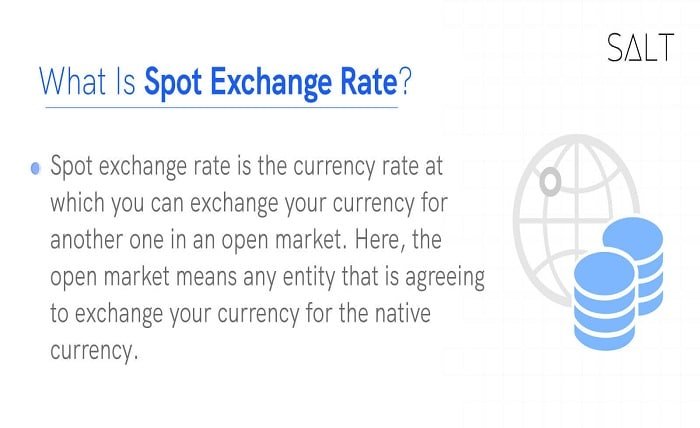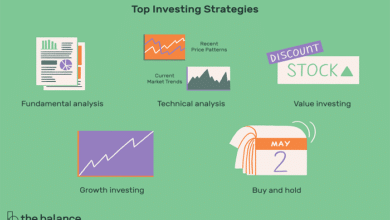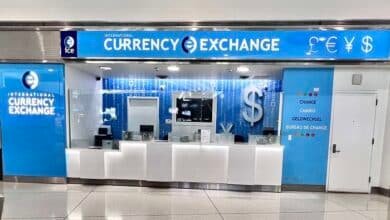What Determines the Value of a Spot Exchange Rate?

Introduction
The value of a spot exchange rate is crucial in the world of international finance and trade. It dictates the cost of exchanging one currency for another at any given moment. Understanding what determines the value of a spot exchange rate can offer insights into economic health, trading opportunities, and investment strategies. This article delves into the various factors that influence these rates, providing a comprehensive guide for anyone interested in the dynamics of currency exchange.
Interest Rates and Their Impact
Interest rates are one of the primary factors determining the value of a spot exchange rate. Central banks adjust interest rates to control inflation and stabilize their currency. When a country’s interest rates rise, its currency typically appreciates because higher interest rates offer better returns on investments denominated in that currency. Conversely, lower interest rates can lead to a depreciation of the currency. Investors are always on the lookout for the best returns, making interest rates a critical factor in determining the value of a spot exchange rate.
Inflation Rates and Currency Value
Inflation rates play a significant role in determining the value of a spot exchange rate. A country with a lower inflation rate than its trading partners will see an appreciation in its currency value. This is because lower inflation enhances a country’s purchasing power relative to other countries. Conversely, higher inflation can erode the value of a currency as goods and services become more expensive, leading to a depreciation in the spot exchange rate.
Economic Indicators and Their Influence
Economic indicators such as GDP growth, employment rates, and manufacturing output are vital in determining the value of a spot exchange rate. Strong economic performance generally leads to a stronger currency as it reflects a healthy economy with good investment prospects. Traders and investors use these indicators to predict currency movements, making them essential in understanding what determines the value of a spot exchange rate.
Political Stability and Geopolitical Events
Political stability is another crucial factor in determining the value of a spot exchange rate. Countries with stable governments and predictable policies tend to have stronger currencies. In contrast, political turmoil or uncertainty can lead to currency depreciation as investors seek safer havens. Geopolitical events such as elections, conflicts, and international negotiations can significantly impact currency values, highlighting the importance of political factors in determining the value of a spot exchange rate.
Market Speculation and Investor Sentiment
Market speculation and investor sentiment can also influence the value of a spot exchange rate. Traders’ perceptions of future economic conditions can lead to significant currency movements. If investors believe that a currency will strengthen in the future, they are likely to buy more of it now, increasing its value. Conversely, if they expect a currency to weaken, they will sell it off, leading to a decrease in its value. Understanding market psychology is therefore key to determining the value of a spot exchange rate.
Trade Balances and Their Effect
The trade balance of a country, which is the difference between its exports and imports, is a fundamental factor in determining the value of a spot exchange rate. A surplus, where exports exceed imports, typically strengthens a country’s currency because foreign buyers need to purchase the domestic currency to pay for the goods. On the other hand, a trade deficit can weaken a currency as more domestic currency is exchanged for foreign currencies to pay for imports.
Foreign Exchange Reserves
Foreign exchange reserves are assets held by central banks in foreign currencies. They play a critical role in determining the value of a spot exchange rate. Countries with large reserves can stabilize their currency by buying or selling foreign currencies to influence the exchange rate. This intervention can help maintain a desirable exchange rate level and prevent excessive volatility, making foreign exchange reserves an important factor in determining the value of a spot exchange rate.
International Debt Levels
The level of international debt a country holds can influence the value of its currency. High levels of debt may lead to concerns about a country’s ability to repay, leading to a depreciation in the value of the spot exchange rate. Conversely, low debt levels are often seen as a sign of economic stability, which can strengthen a currency. Investors closely monitor debt levels when assessing what determines the value of a spot exchange rate.
Speculative Activities and Currency Trading
Speculative activities in the forex market are another factor that determines the value of a spot exchange rate. Currency traders buy and sell currencies based on their expectations of future movements. Large trades can significantly impact the exchange rate, especially if there is a high level of market speculation. Understanding the speculative nature of the forex market is essential for grasping what determines the value of a spot exchange rate.
Technological Advancements and Financial Innovations
Technological advancements and financial innovations also play a role in determining the value of a spot exchange rate. Developments such as high-frequency trading, blockchain technology, and digital currencies are transforming the forex market. These innovations can increase market efficiency, reduce transaction costs, and provide new opportunities for currency trading, thereby influencing the value of spot exchange rates.
Conclusion
Understanding what determines the value of a spot exchange rate involves analyzing a complex interplay of factors. Interest rates, inflation, economic indicators, political stability, market speculation, trade balances, foreign exchange reserves, international debt, speculative activities, and technological advancements all play crucial roles. By comprehending these elements, investors, traders, and policymakers can make more informed decisions in the ever-evolving world of currency exchange.
FAQs
- What is a spot exchange rate? A spot exchange rate is the current price at which one currency can be exchanged for another for immediate delivery.
- How do interest rates affect the spot exchange rate? Higher interest rates typically attract foreign investment, leading to an appreciation of the currency, while lower rates can cause depreciation.
- Why is inflation important in determining the spot exchange rate? Lower inflation rates usually strengthen a currency, while higher inflation rates can weaken it due to reduced purchasing power.
- Can political events influence the spot exchange rate? Yes, political stability and geopolitical events can significantly impact investor confidence and currency values.
- What role do foreign exchange reserves play in spot exchange rates? Central banks use foreign exchange reserves to stabilize their currency, influencing the spot exchange rate by intervening in the forex market.





